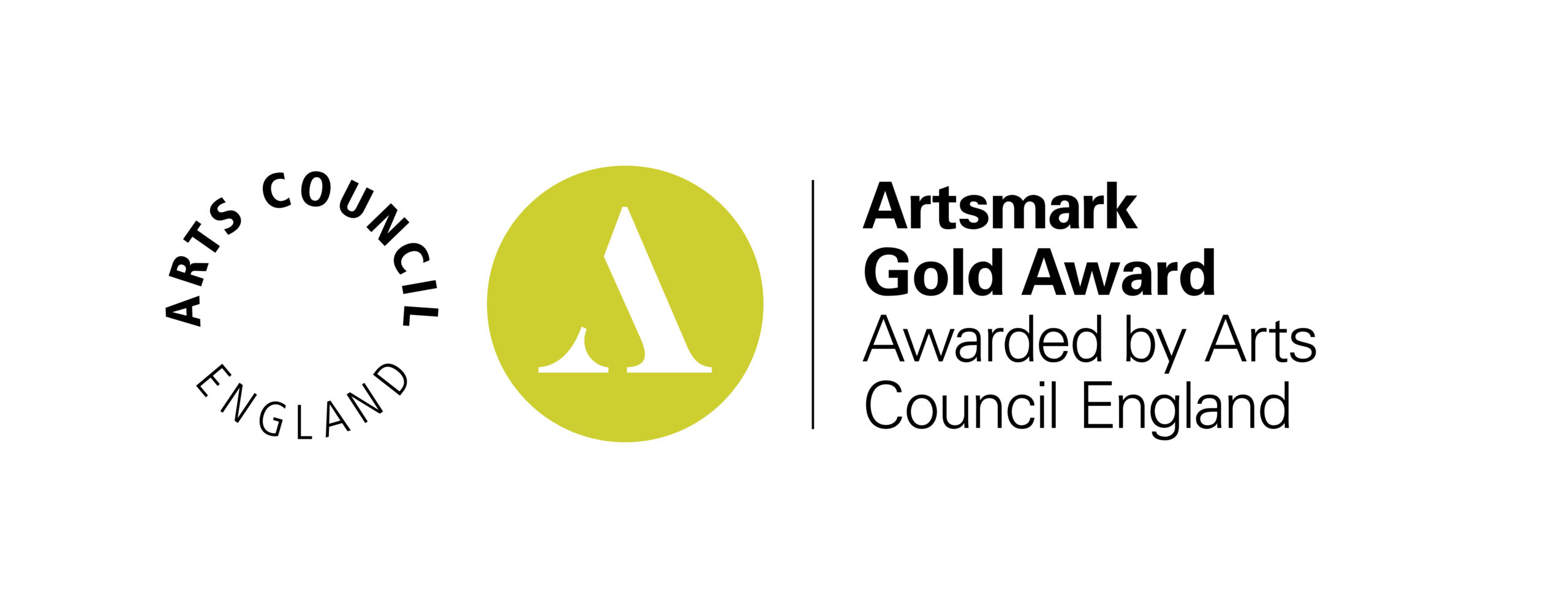Knowledge in PE
The PE department have a carefully considered five year plan. Although students participate in many of same sports/activities throughout year 7 to 11, there is a distinct evolution in the knowledge and skill sets acquired from one year to the next. Each step of the five year plan is advanced so that students are appropriately and proportionally challenged during each phase – be this through acquiring and developing of skills, application of skills in competitive situations or in the understanding and application of rules, regulations and tactics.
Operating alongside the five year plan are fine level sequences in all sports taught in the curriculum. These inform teaching staff of what students must be taught in order to give them the best experience possible and to ensure that progress is made by all students. Fine level sequences identify the core knowledge required in each sport e.g. rules, regulations, scoring systems, skills needed and how to use them to outwit opponents. To supplement this core knowledge, all students are provided with knowledge organisers to further enhance their understanding in each activity (also used to complete half termly homework tasks).
In addition to core knowledge, fine level sequences also include Hinterland knowledge – intelligence not necessarily required to become successful in each sport, but noteworthy information that is interesting to know. For example, the history of a sport is discussed to enhance student engagement. As a result of this, students begin to understand how, where or why a sport was founded, they learn about inspirational world record holders, Countries or clubs who have hosted or won world famous events such the Olympic games and world cups etc.
The PE department have created an over-arching question that is specific for each year group in key stage 3. This is applied across all sports/activities. In year 7 the question is ‘can students identify, define and describe the most valuable components of fitness required in the sport’? In year 8, the question is ‘can students identify, define and describe ways to test the required components of fitness needed in the sport’? In year 9, the question is ‘can students identify, define and describe the most effective training methods used to improve the components of fitness needed in this sport’? This enables the PE curriculum to prepare students for examination PE in key stage 4.
Students in years 7, 8 and 9 are also given opportunities by their teachers to make physiological links with body and each sport they take part in. For example, wherever possible (and in accordance with the fine level sequence), teachers connect the learning with the skeletal system in year 7, the muscular system in year 8 and the cardiovascular system in year 9.
At the start of all lessons, students engage in interleaving knowledge recall activities. These activities vary as to prevent tedium and may include blank page retrieval tasks, quick-fire questioning and quizzes (amongst alternatives). Students are expected to recall information not only from the previous lesson but from previous weeks or even the previous year as a means to challenge and retain information in both the short term and long term memory. Teachers also take this opportunity to examine the over-arching questions and physiological connections as previously described.
The PE curriculum is broad and balanced. Sports such as hockey, orienteering, volleyball and girls rugby have recently been introduced. When selecting which sports make it on to the PE curriculum, six categories are taken into consideration;
- Invasion games (rugby, netball, basketball, handball);
- Net/wall games (badminton, volleyball, tennis, table tennis);
- Striking and fielding games (rounders, cricket, softball);
- Aesthetical appreciation (gymnastics);
- Target games (lawn green bowls);
- Individual (athletics, fitness).
Rugby makes a significant contribution to the ethos of the department and the Academy’s core values. Rugby’s own values of teamwork, respect, enjoyment, discipline and sportsmanship have encouraged students at QEA to demonstrate increased levels of togetherness, forgiveness and reconciliation, empathy and good manners. Due to this stark contrast with the attitudes shown in football (where players are regularly seen arguing aggressively with referee’s and other players), football is no longer part of the PE curriculum in key stage 3. Nonetheless, it will remain to be part of the after school and lunch time extra-curricular programme and opportunities to play competitive fixtures remain.




